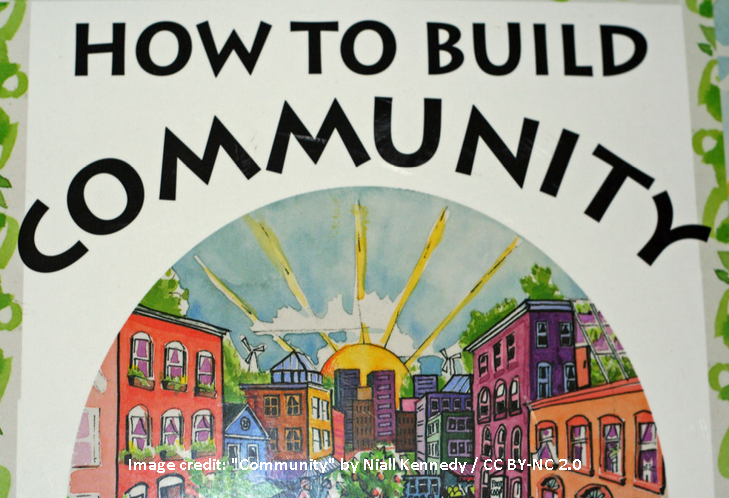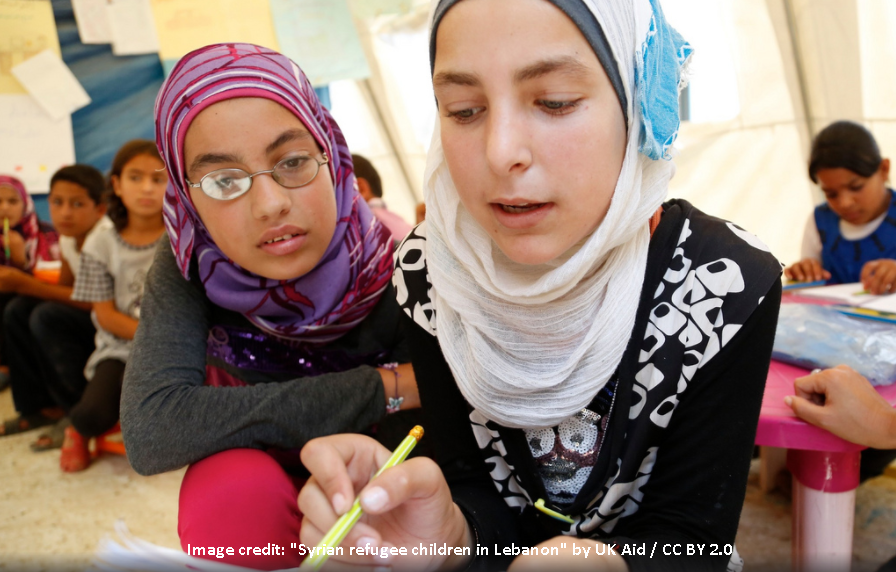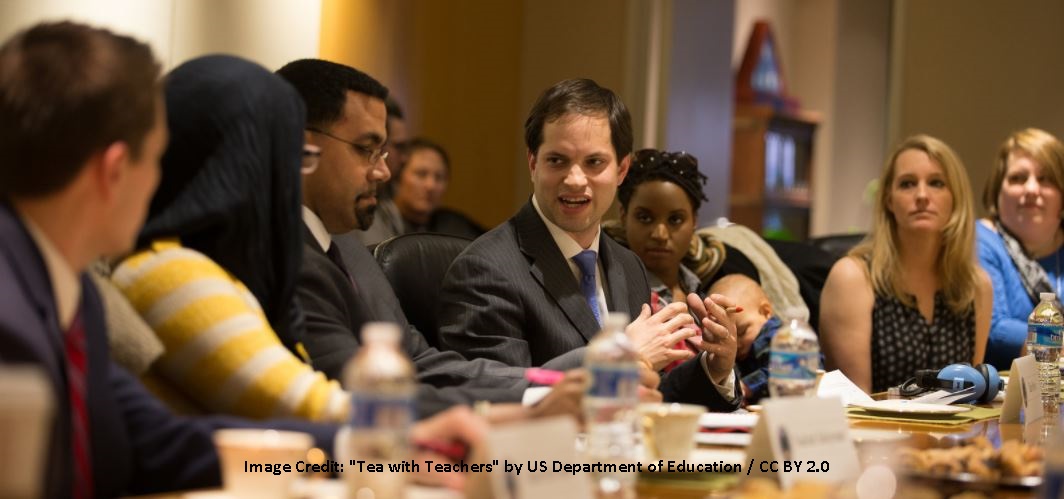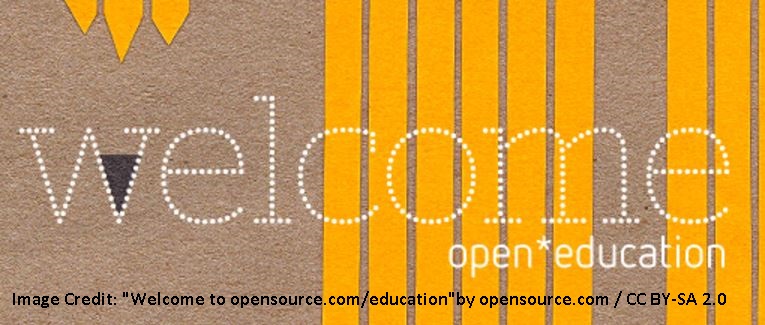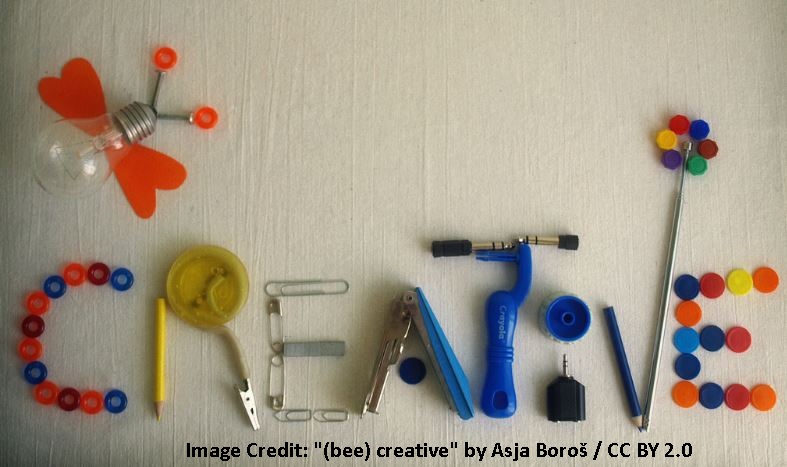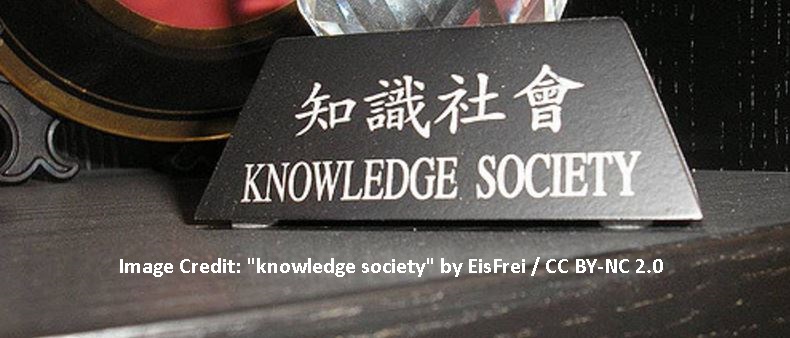Reaching hard to reach students through student learning communities
Reaching hard to reach students through student learning communities Patrick Blessinger St John’s University, New York City Introduction A student learning community (SLC) is a curricular-based program and learning-centered social network that moves learning beyond the confines of the classroom. In a SLC, a cohort of students is enrolled in a common set of courses which they take together as a group. Most SLCs are tailored for first-year college students but SLCs may be created for any grade level. SLC courses are integrated and linked in some meaningful way in order to give students a common curricular experience and allow them to make more effective curricular connections across those courses. A core purpose of SLCs is to make learning more personally meaningful by addressing not just the intellectual needs of students but also their emotional and social needs. As such, the core aims of SLCs may provide an effective mechanism [...]

